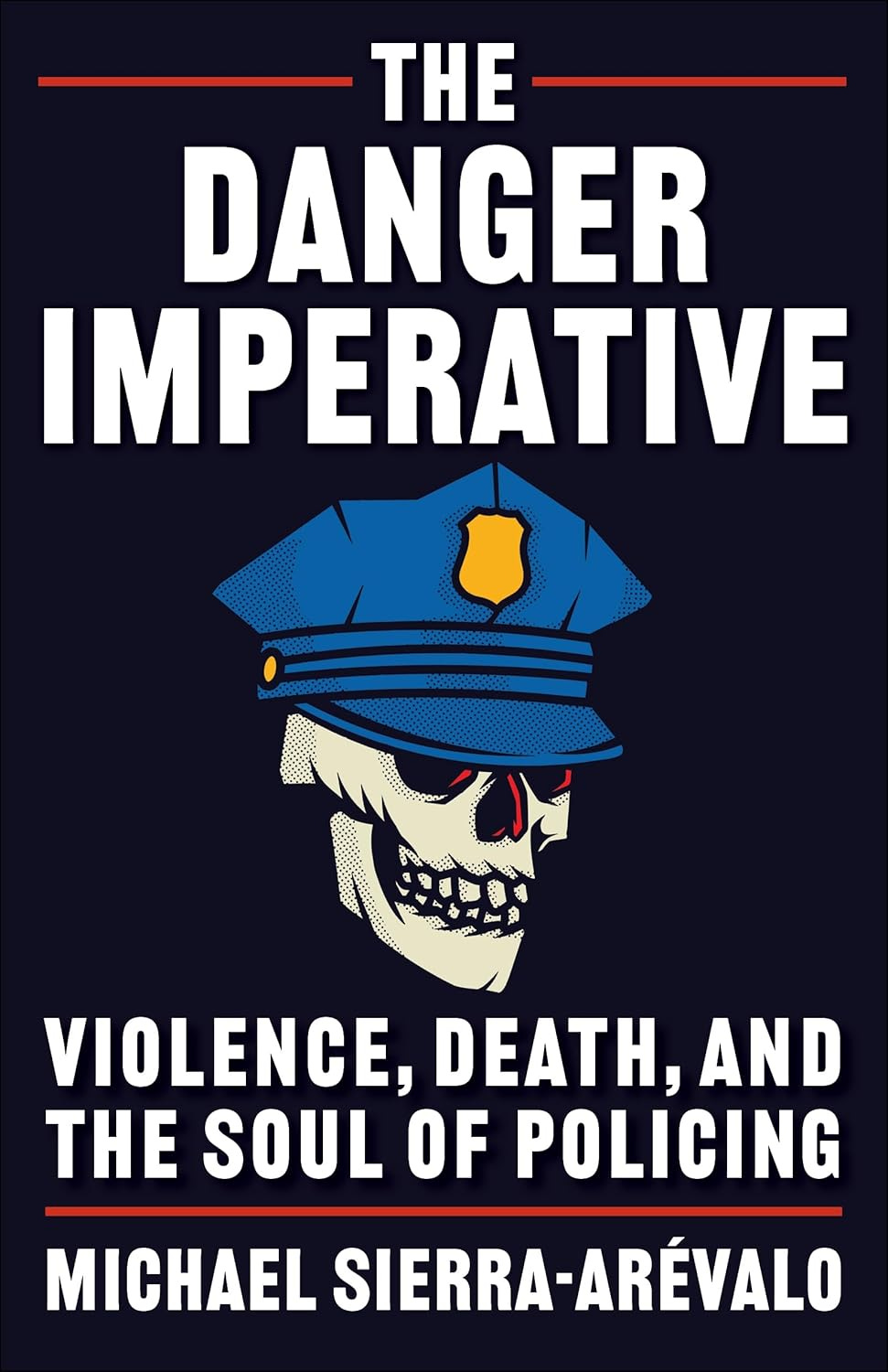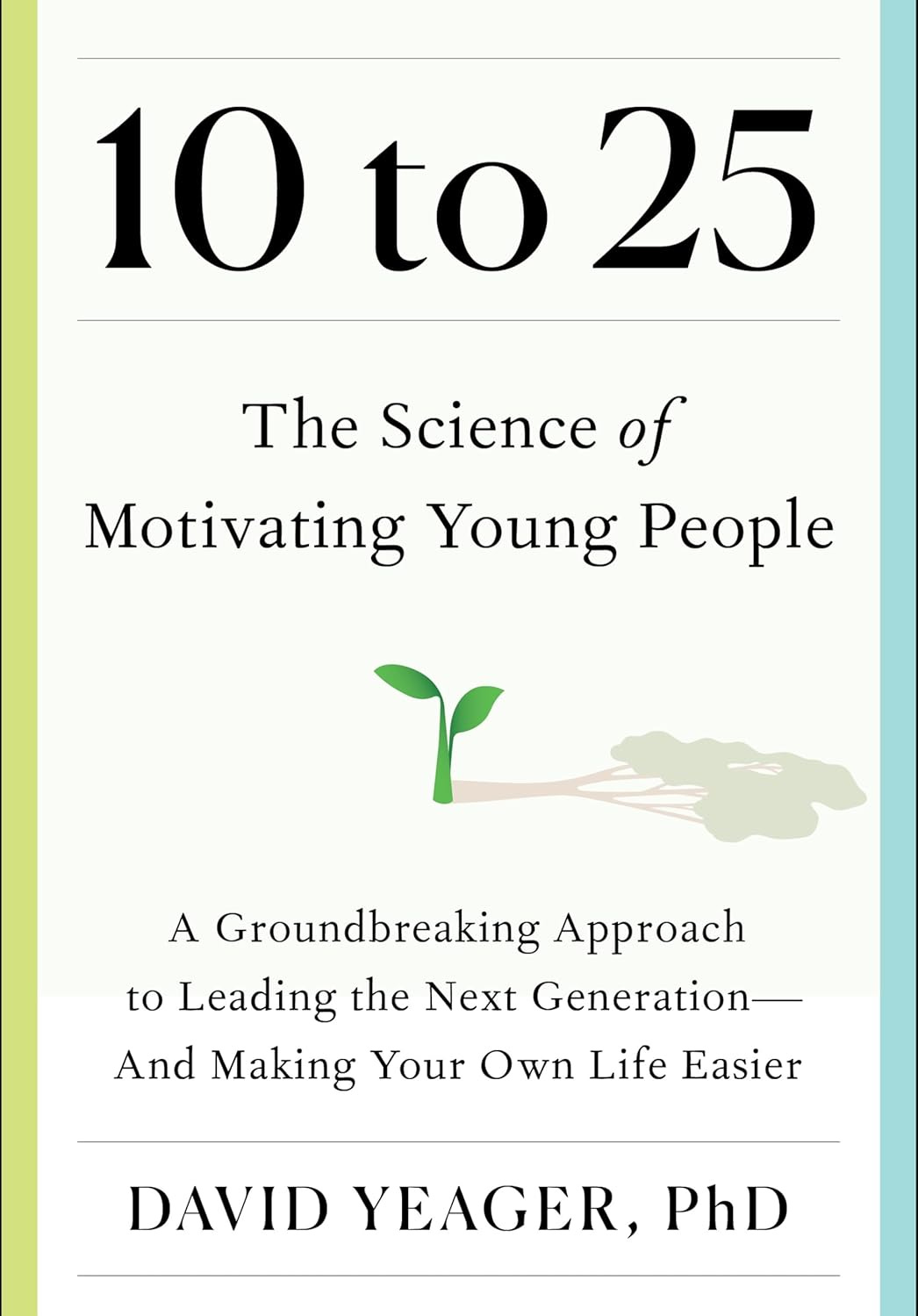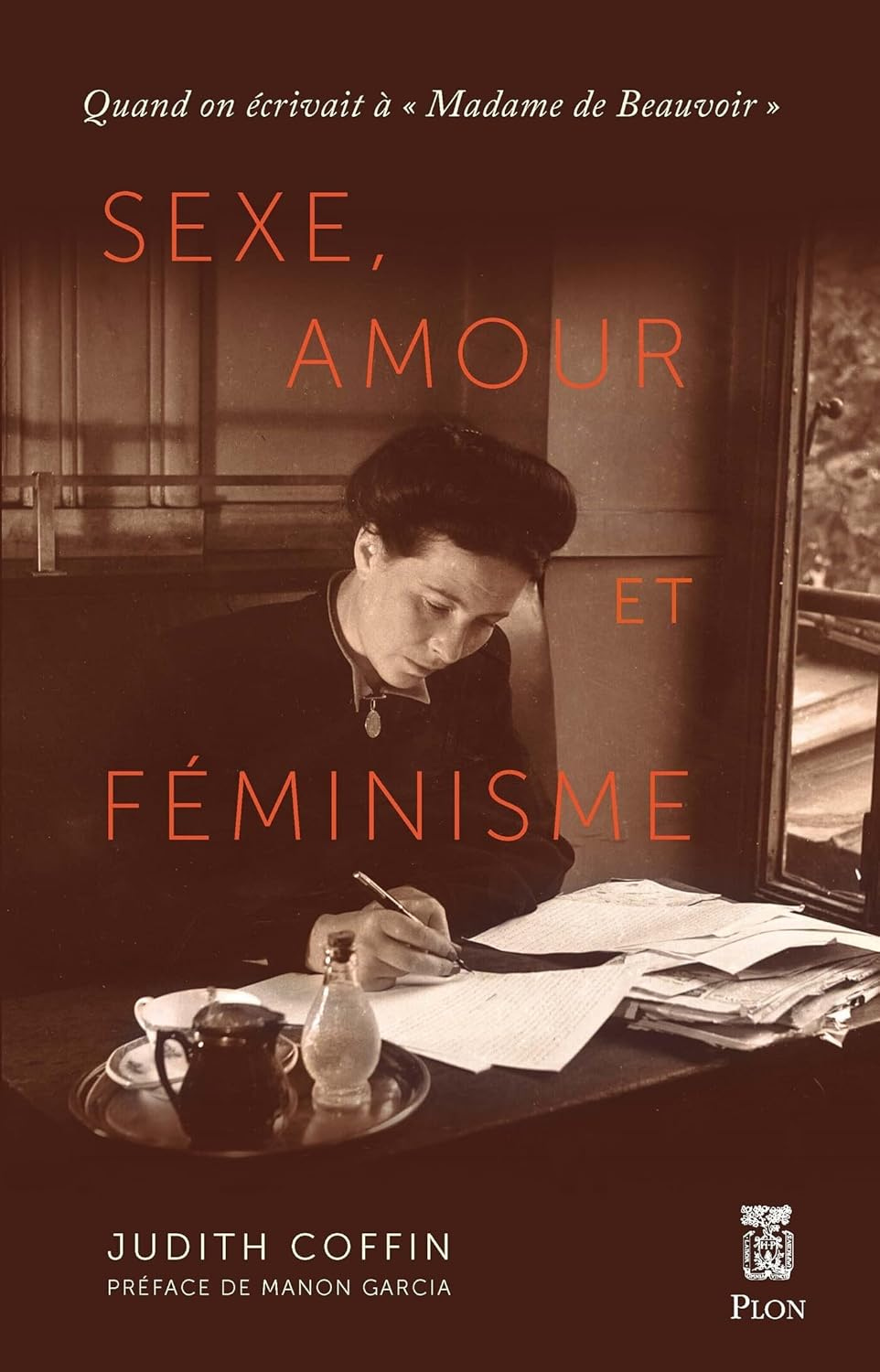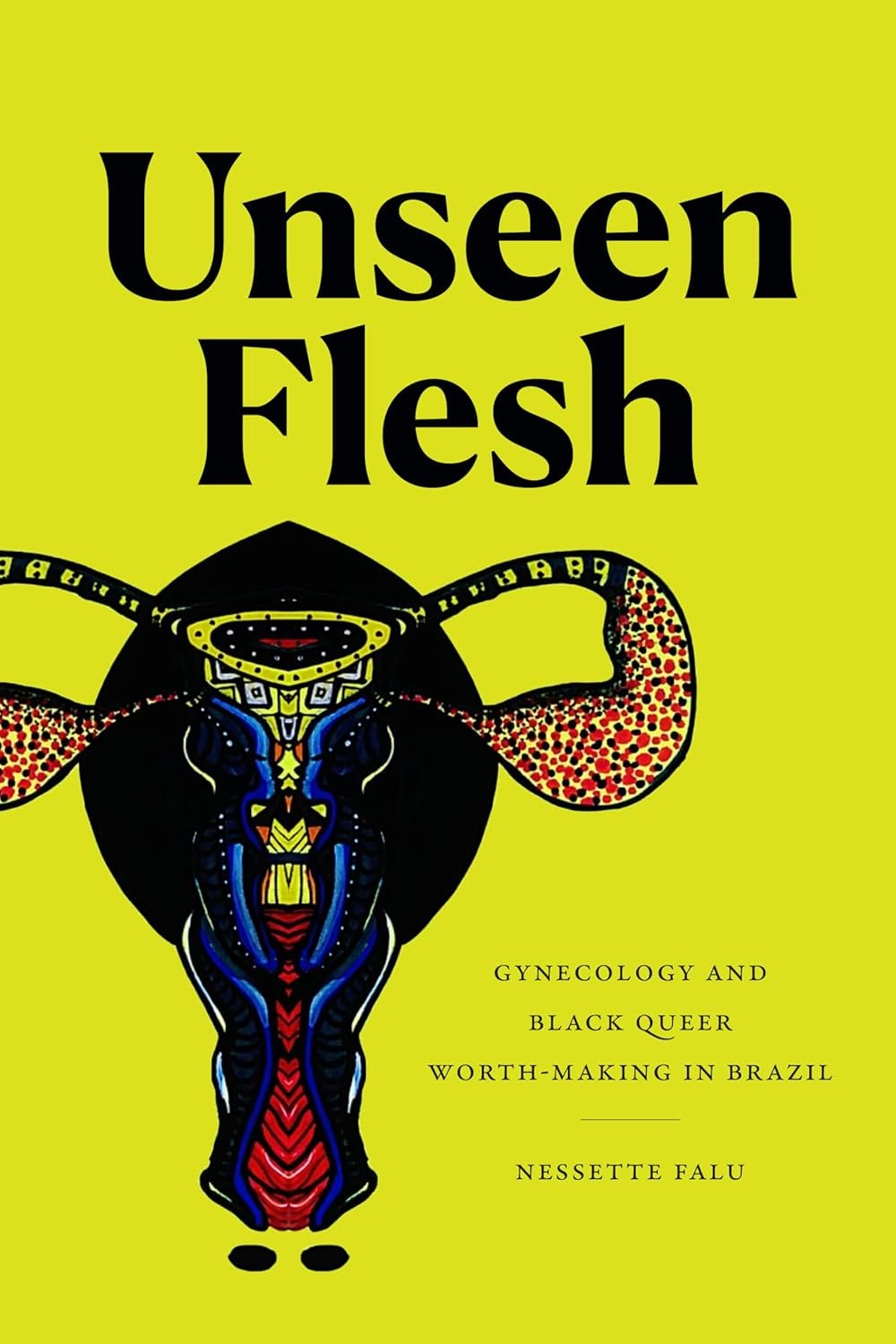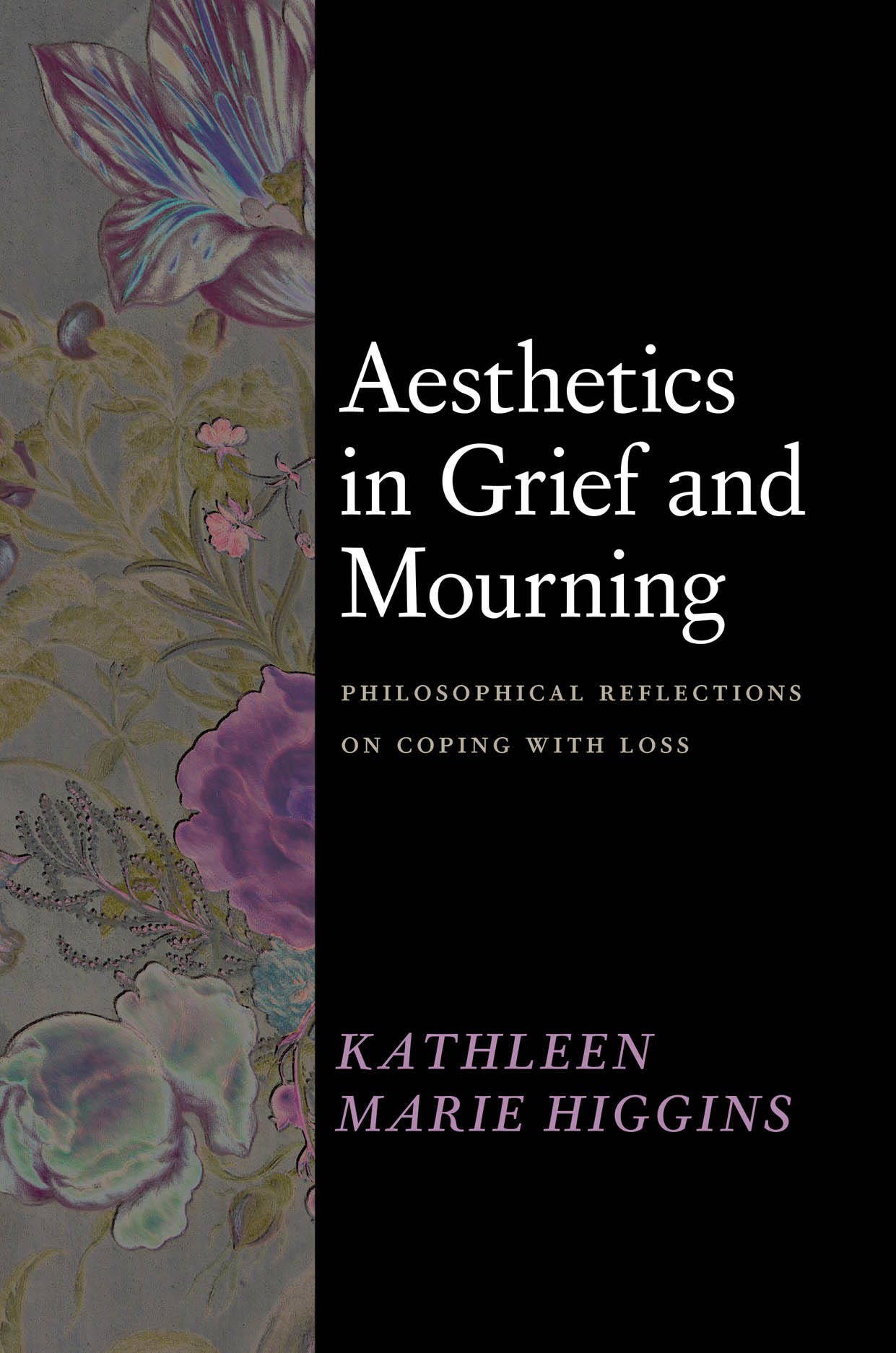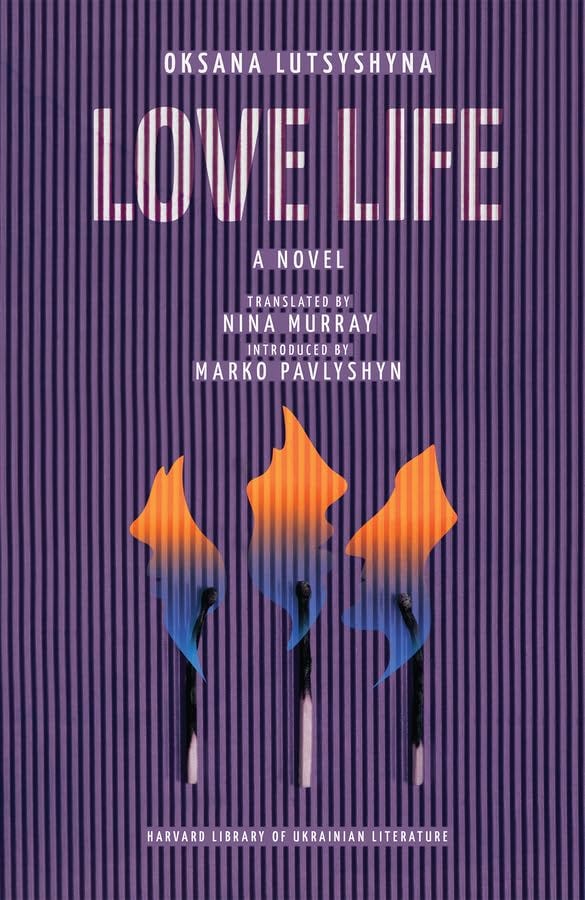Fall season is book season, and here at Extra Credit, we take that seriously. From the Scholastic Book Fair days of yore (we’re still nostalgic) to the significantly more sophisticated COLA Book Fair, ‘tis the season to celebrate new releases and old favorites.
In the spirit of Book Fairs present and past, we’re sharing highlights from the 2024 COLA Book Fair titles list, paired with profiles, interviews, and press releases featuring our college authors. You won’t find fuzzy notebooks or bendy pencils in this catalog, but with more than 40 titles to review, we know there’s something here for everyone.
2024 COLA Book Fair Catalog – Selections
The Danger Imperative: Violence, Death, and the Soul of Policing by Michael Sierra-Arévalo
Policing is violent, but exactly how, when, and why it’s violent — and who that violence is directed against — is at the heart of sociologist Sierra-Arévalo’s first book. Based on more than 100 interviews and 1,000 hours on patrol, The Danger Imperative explores how police culture’s preoccupation with violence, however colorblind in its language, ultimately perpetuates enduring inequalities in police violence. A trailblazing, on-the-ground account of modern policing, this book shows that violence is the logical consequence of an institutional culture that privileges officer survival over public safety.
Further reading: For the Spring 2022 issue of our college magazine, Life & Letters writer Alex Reshanov spoke with Sierra-Arévalo about the research behind The Danger Imperative — and about how policing can be made safer.
Portraits of Persistence: Inequality and Hope in Latin America edited by Javier Auyero
Across twelve profiles of individuals from every corner of Latin America, Auyero and his collaborators in UT’s Urban Ethnography Lab explore the pressing challenges facing the continent as well as the persistent, determined ways that people face them. The authors carefully situate individuals’ experiences and challenges — from precarious work situations and gender oppression to housing displacement, the bureaucracy of seeking asylum, state violence, and environmental devastation — within the sociohistorical context of their specific local regions or countries and consider how people make sense of the paths their lives have taken. Ultimately, these twelve compelling profiles offer unique and personal windows into the region’s complex and multilayered reality.
Further reading: ICYMI, Auyero appeared in this very newsletter just a few months ago to discuss Portraits of Persistence as well as its sister-project and partial inspiration, the Urban Ethnography Lab’s Invisible in Austin: Life and Labor in an American City.
10 to 25: The Science of Motivating Young People by David Yeager
Imagine a world in which Gen Xers, millennials, and boomers interact with young people in ways that leave them feeling inspired, enthusiastic, and ready to contribute rather than disengaged, outraged, or overwhelmed. That world may be closer than you think. In this book based on cutting edge research, psychologist David Yeager explains how to stop fearing young people’s brains and hormones and start harnessing them. An essential read for anyone who interacts with young people, 10 to 25 is a groundbreaking book that offers long-term strategies to help nurture well-adjusted, independent, accomplished young people who contribute to society in positive ways — all while making our own lives easier.
Sex, Love, and Letters: Writing Simone de Beauvoir by Judith Coffin (French edition)
When Judith G. Coffin discovered a virtually unexplored treasure trove of letters to Simone de Beauvoir from Beauvoir's international readers, it inspired her to explore the intimate bond between the famed author and her reading public. The resulting Sex, Love, and Letters (French: Sexe, Amour et Féminisme) lays bare the private lives and political emotions of the letter writers and of Beauvoir herself. Her readers did not simply pen fan letters but engaged in a dialogue that revealed intellectual and literary life to be a joint and collaborative production. "This must happen to you often, doesn't it?" wrote one. "That people write to you and tell you about their lives?"
Further reading: For more on the archive find that would eventually become Sex, Love, and Letters, check out Amy Vidor’s piece in Life & Letters.
Go, Wilma, Go!: Wilma Rudolph, from Athlete to Activist by Amira Rose Davis and Michael G. Long
At the 1960 Summer Olympics, Wilma Rudolph became a gold-medal-winning track star — and she didn’t stop there. In Go, Wilma, Go!, Davis and Long tell the powerful story of what happened after Rudolph soared across the finish line and stepped into her life’s work protesting inequality and advocating for Black girls and women, both on and off the track.
Further reading: Just in time for the 2024 Summer Olympics, Davis appeared on the Extra Credit podcast to discuss Rudolph, the connection between scholarship and children’s books, and activism in sports today. And for a sneak peek at Go, Wilma, Go!, don’t skip the video preview!
Unseen Flesh: Gynecology and Black Queer Worth-Making in Brazil by Nessette Falu
In Unseen Flesh, Falu explores how Black lesbians in Brazil define and sustain their well-being and self-worth against persistent racial, sexual, class, and gender-based prejudice. Focusing on the trauma caused by interactions with gynecologists, Falu draws on in-depth ethnographic work among the Black lesbian community to reveal their profoundly negative affective experiences within Brazil’s deeply biased medical system. In the face of such entrenched, intersectional intimate violence, Falu’s informants actively pursue well-being in ways that channel their struggle for self-worth toward broader goals of social change, self care, and communal action.
Aesthetics in Grief and Mourning: Philosophical Reflections on Coping with Loss by Kathleen Marie Higgins
In Aesthetics of Grief and Mourning, philosopher Kathleen Marie Higgins reflects on the ways that aesthetics aids people experiencing loss. Some practices related to bereavement, such as funerals, are scripted, but many others are recursive, improvisational, mundane — telling stories, listening to music, and reflecting on art or literature. Higgins shows how these grounding, aesthetic practices can ease the disorienting effects of loss, shedding new light on the importance of aesthetics for personal and communal flourishing.
Further reading: For our upcoming 1984-themed edition of Life & Letters, Leora Visotzky spoke with Higgins about her new book, her boundary-breaking career in UT’s philosophy department, and her marriage to beloved UT professor Robert Solomon, whose death partly influenced Aesthetics in Grief and Mourning.
Love Life by Oksana Lutsyshyna, translated by Nina Murray
The second novel by award-winning Ukrainian writer and poet Oksana Lutsyshyna, Love Life follows Yora, an immigrant to the United States from Ukraine. A delicate soul who is finely attuned to the nuances of human relations, Yora becomes enmeshed with Sebastian, a seductive acquaintance who suggests that they share a deep bond. But the relationship ends, sending her into a period of despair and grief. Full of mystic allusions, Love Life is a fascinating story of self-discovery amidst the complexities of adapting to a new life.
Further reading: Lutsyshyna’s novel Ivan and Phoebe won Ukraine’s most prestigious literary awards and is also available in an English translation by Murray. Earlier this year Lutsyshyna joined the Extra Credit podcast (and made the cover story of Life & Letters’ spring magazine) talking about Ivan and Phoebe and the little-known Revolution on Granite that inspired the novel.
Freedom and Power in Classical Athens by Naomi Campa
What is freedom? In Athenian democracy, Campa writes in her first book, it was understood as being able to do “whatever one wished.” And rather than create anarchy, as ancient critics claimed, this positive freedom underpinned a system that ideally protected both the individual and the collective. Even freedom, however, can be dangerous, and the notion of citizen autonomy both empowered and oppressed individuals within a democratic hierarchy. These topics, thoughtfully covered in Freedom and Power in Classical Athens, strike at the heart of democracies both ancient and modern — ours very much included.
Further reading: Interested in how ancient ideas of freedom and democracy echo through our world today? Check out Alex Reshanov’s profile of Campa, “Democracy Then,” in this spring’s Life & Letters.





